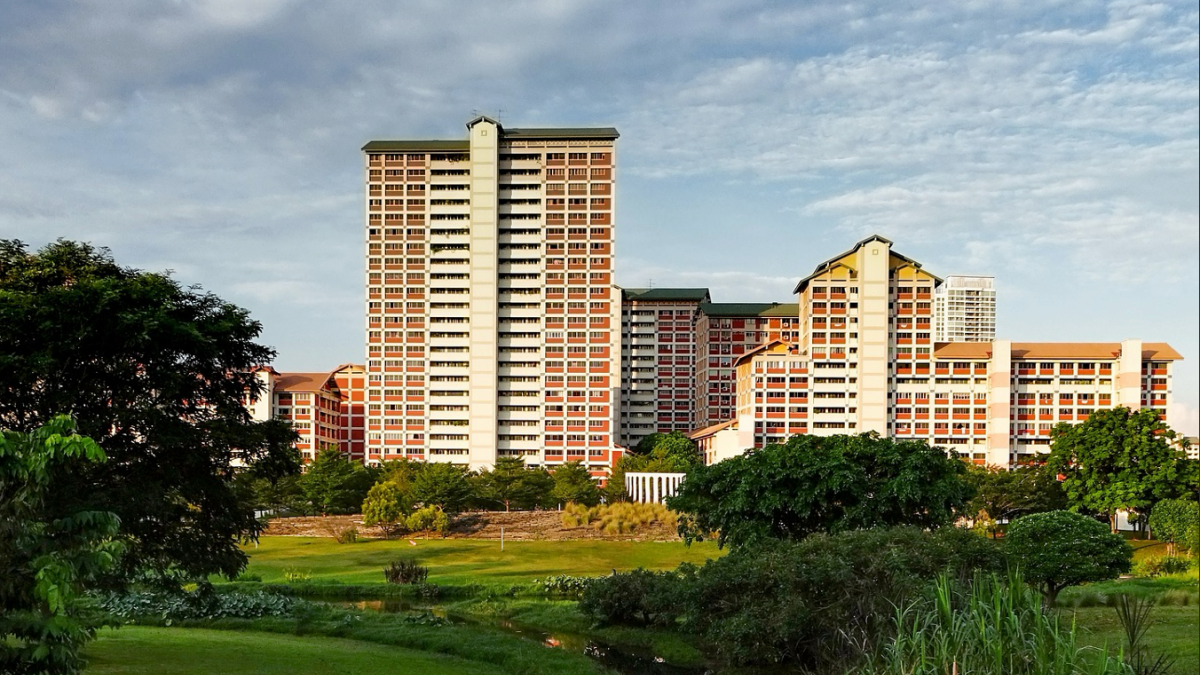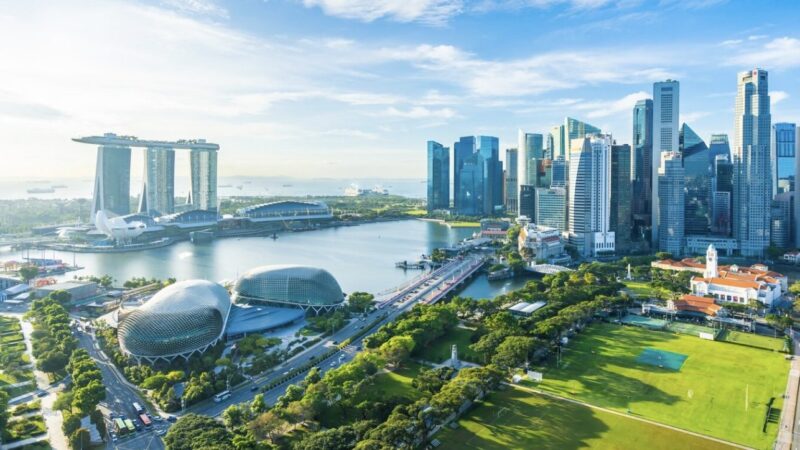Navigating the intricate landscape of property ownership in Singapore as a foreigner can be both thrilling and daunting. With its skyline dotted with iconic high-rises and lush green spaces, Singapore beckons those seeking an investment in one of the world’s most vibrant cities.
However, before diving into this bustling market, potential buyers must grapple with various regulations and requirements that come into play. From understanding the legal framework governing foreign ownership to exploring financing options and the nuances of property types, there’s much to consider.
This article aims to provide a comprehensive guide to help foreigners make informed decisions when entering the Singaporean property market. Get ready to uncover essential insights that could pave the way for your next big investment.
Understanding Singapore’s Real Estate Market

Understanding Singapore’s real estate market is essential for any foreigner contemplating a property purchase in this vibrant city-state. Nestled at the crossroads of Asia, Singapore boasts a dynamic and highly regulated property sector characterized by its unique blend of modern skyscrapers and historical architecture.
The market is largely influenced by government policies, economic trends, and foreign investment, creating a landscape that can be both enticing and complex.
Foreign buyers can navigate this intricate environment by familiarizing themselves with the various types of properties available, from the luxurious condominiums in bustling Orchard Road to the charming shophouses in historical districts like Chinatown and Tiong Bahru.
Working with experienced local agencies such as Upperhouse can significantly ease the process, offering tailored guidance through Singapore’s competitive market.
However, be prepared for competition—high demand coupled with limited land availability often drives property prices upward.
Navigating this landscape requires diligence, a clear understanding of financing options, and awareness of legal restrictions, yet the potential rewards can be substantial if approached thoughtfully.
Legal Framework for Foreign Property Buyers

When navigating the legal landscape of property acquisition in Singapore, foreign buyers must familiarize themselves with a robust set of regulations designed to foster a balanced market. The Residential Property Act, for instance, stipulates that non-Singapore citizens can only purchase specific types of properties, such as private apartments and landed properties, provided they obtain the necessary approval from the Singapore Land Authority. However, the nuances of this legal framework can be intricate.
While private condominiums offer a more straightforward path, freehold landed properties are often barred unless they meet certain criteria, heightening the stakes for foreign investors keen on Singapore’s real estate market. In addition, compliance with various financing regulations, stamp duties, and restrictions on property use must be carefully adhered to, underscoring the importance of thorough due diligence.
Thus, prospective buyers should seek expert legal counsel, ensuring their investments are not only compliant but strategically sound.
Types of Properties Available for Foreigners

In Singapore, foreigners eyeing real estate have a variety of options at their disposal, each catering to different preferences and investment strategies. The most coveted properties are typically condominiums, especially those with at least six units, where foreigners can freely purchase without the cumbersome approval process.
These sleek living spaces often come with luxury amenities and prime locations, appealing to both expatriates and investors alike. On the more exclusive end, land parcels and landed properties—such as bungalows and semi-detached houses—are available, but acquiring these can be more challenging, as they often require governmental approval and are subject to stricter regulations.
Additionally, commercial properties, including office spaces and retail units, stand as lucrative avenues for foreign investors looking to tap intSingapore’ses robust economy. With each property type offering unique advantages and hurdles, prospective buyers must conduct thorough research and consult professionals to navigate the intricacies of the local real estate landscape.
Conclusion
In conclusion, purchasing property in Singapore as a foreigner can be a rewarding venture, offering both lifestyle benefits and investment potential. However, it is essential to navigate the local regulations and market conditions carefully to ensure a smooth transaction.
Understanding the various types of properties available, such as landed homes and condominiums, and familiarizing yourself with the associated fees and taxes will help you make informed decisions. Additionally, developments like Upperhouse exemplify the premium quality of real estate options in Singapore, combining luxury living with a strategic location.
As you embark on this journey, consider seeking professional advice to streamline the buying process and maximize your investment. With the right preparation and insights, owning property in this dynamic city-state can be a fulfilling experience.


